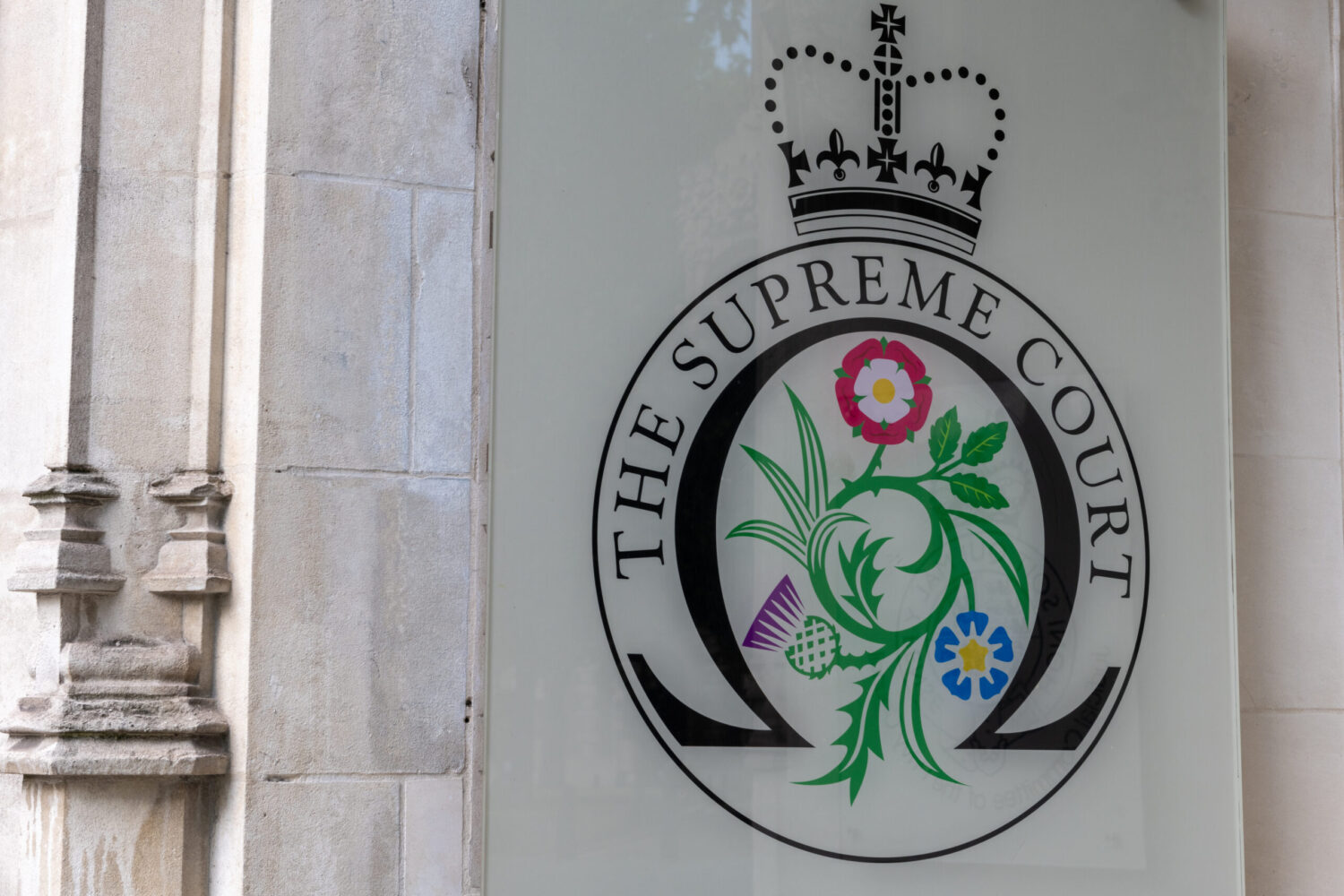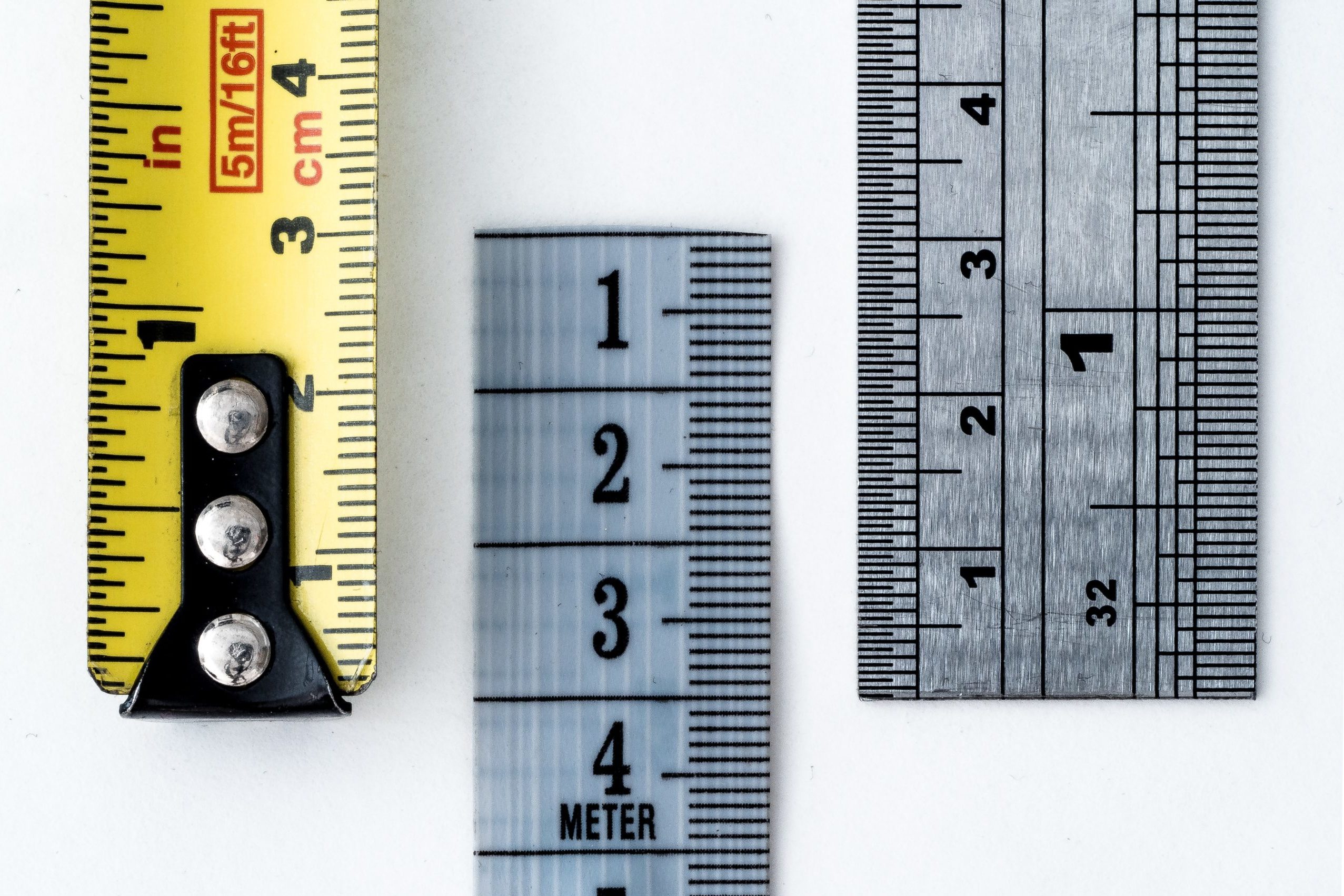The Supreme Court has today delivered its judgment in the Financial Conduct Authority’s (FCA)’s business interruption insurance test case.
The Supreme Court has substantially allowed the FCA’s appeal on behalf of policyholders. This completes the legal process for impacted policies and means that many thousands of policyholders will now have their claims for coronavirus-related business interruption losses paid.
Sheldon Mills, Executive Director, Consumers and Competition at the FCA, said:
“Coronavirus is causing substantial loss and distress to businesses and many are under immense financial strain to stay afloat. This test case involved complex legal issues.
“Our aim throughout this test case has been to get clarity for as wide a range of parties as possible, as quickly as possible, and today’s judgment decisively removes many of the roadblocks to claims by policyholders.
“We will be working with insurers to ensure that they now move quickly to pay claims that the judgment says should be paid, making interim payments wherever possible. Insurers should also communicate directly and quickly with policyholders who have made claims affected by the judgment to explain next steps.
‘As we have recognised from the start of this case, tens of thousands of small firms and potentially hundreds of thousands of jobs are relying on this.”
Legal News Wales hosted a number of virtual ‘drop in’ sessions with managing partners of law firms in Wales last spring, and the vast majority had not received good news from their insurer or couldn’t interpret the diverse and generally unclear policy terms. Today’s judgment provides that clarity, almost one year on.
What today’s judgment means for policyholders
The judgment brings to an end legal arguments under 14 types of policy issued by six insurers, and a substantial number of similar policies in the wider market which will now lead to claims being successful.
The FCA’s decision to bring the test case has removed the need for policyholders to resolve many key issues individually with their insurers. It enabled them to benefit from the expert legal team assembled by the FCA, providing a comparatively quick and cost-effective solution to the legal uncertainty in the business interruption insurance market.
The test case was not intended to encompass all possible disputes, but to resolve some key contractual uncertainties and ‘causation’ issues to provide clarity for policyholders and insurers. Today’s judgment does not determine how much is payable under individual policies, but provides much of the basis for doing so.
Following the High Court’s judgment, insurers decided to pay claims on some policies and we asked insurers to progress claims on other policies that the High Court said provided cover so that they could be settled quickly following the appeals to the Supreme Court.
Each policy needs to be considered against the detailed judgment to work out what it means for that policy. Policyholders with affected claims can expect to hear from their insurer soon. Policyholders with questions should approach their broker, other advisers or insurer. Policyholders who remain unhappy following their insurer’s assessment of their claim may be able to refer their claim to the Financial Ombudsman Service, whose role is to resolve individual disputes.
What next?
The Supreme Court’s judgment will be distilled into a set of declarations. The FCA and Defendant insurers are working as quickly as possible with the Supreme Court to enable the Court to issue its declarations.
The FCA will publish a set of Q&As for policyholders to assist them and their advisers in understanding the test case. The FCA will also publish a list of BI policy types that potentially respond to the pandemic based on data that we will be gathering from insurers.
The FCA has published draft guidance for policyholders on how to prove the presence of coronavirus, which is a condition in certain types of policy.
The consultation closes on 18 January, but the FCA is extending the closing date to 22 January only for any supplemental comments arising from the judgment. The FCA will issue finalised guidance as soon as possible after that.
The FCA will continue to keep policyholders appraised of matters as they progress, which you can find on its dedicated webpage.







